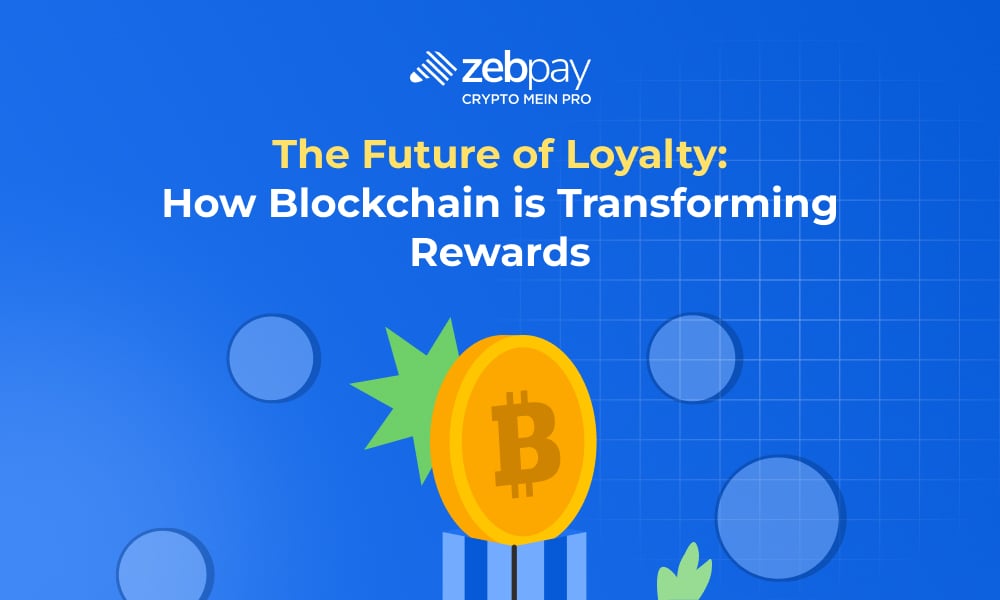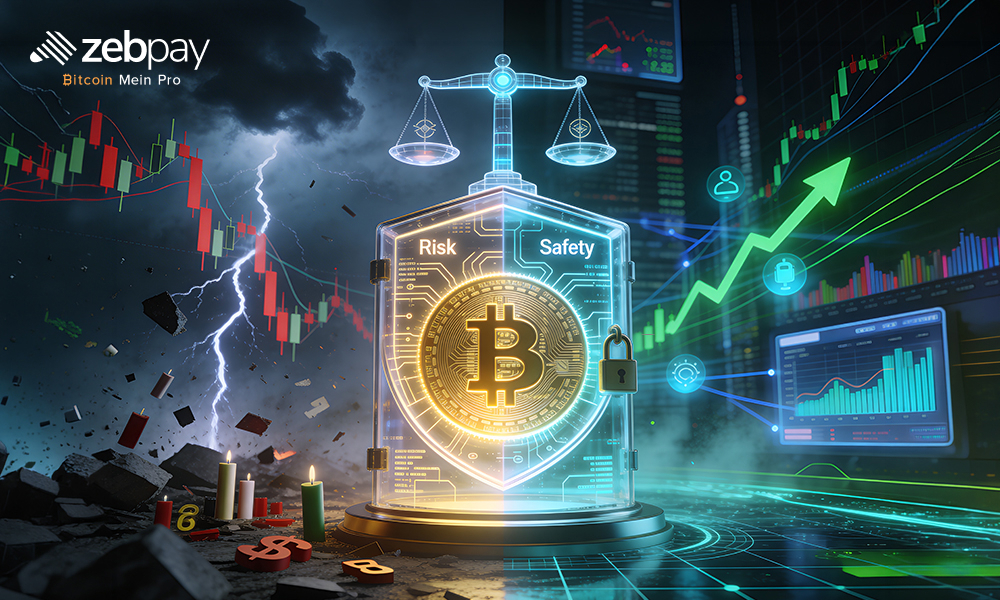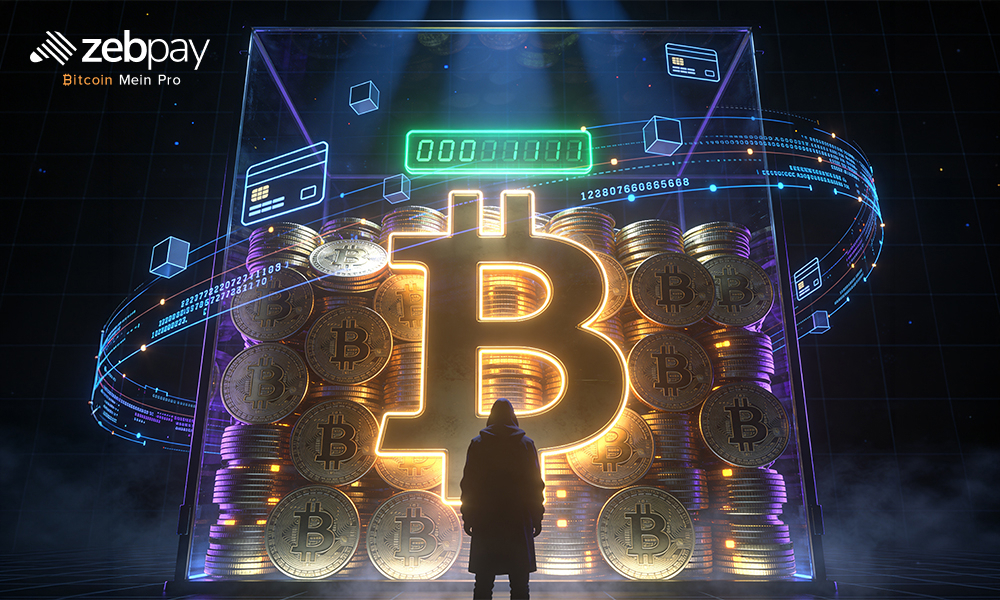In a world where customer loyalty can make or break a band, users have found the need to look beyond their traditional reward programs. Expiring points, complex redemption processes, and limited flexibility are leaving customers disengaged, and businesses are struggling to keep them hooked. Enter blockchain technology, poised to change loyalty programs by offering transparency, security, and seamless flexibility. By decentralising rewards and empowering users with full control over their points, blockchain is creating a new frontier for customer engagement. Blockchain eliminates the need for intermediaries, reducing costs for businesses. This article will show how this digital innovation plays a role in reshaping the loyalty experience, for companies and customers.
How Blockchain Enhances Royalty Programs
| Decentralisation & Flexibility | By decentralising the system, blockchain enables customers to earn, transfer, and redeem points across multiple businesses without restrictions. |
| Transparency & Trust | The transparency ensures that users can track their royalty points without the fear of manipulation or fraud. |
| Eliminating Intermediaries | Through removing the need of intermediaries, such as banks or third-party platforms, blockchain reduces business-based operational expenses while increasing the pace of issuing and redeeming points. |
| Security & Data Privacy | Blockchain’s security features ensure that customer data remains secured, using cryptographic techniques. |
| Interoperability across Ecosystems | Blockchain allows for the creation of tokenized awards, meaning points can be standardised across different brands and sectors. |
Benefits and Challenges
Benefits
- Enhanced Customer Engagement and Flexibility: Blockchain allows loyalty points to become digital assets that can be used across different brands and platforms, increasing their value for customers.
- Cost Efficiency for Businesses: By eliminating intermediaries, blockchain significantly reduces the administrative and operational costs associated with managing loyalty programs.
- Transparency and Security: Blockchain’s decentralised nature ensures that all transactions remain stored on an immutable ledger, making it easier for businesses and customers to track point balances and redemption history.
Challenges
- High Initial Setup Costs: While blockchain brings down long-term expenses, the initial setup can be expensive, particularly for small businesses.
- Regulatory and Legal Issues: With different countries having varying legal frameworks around blockchain and crypto assets, businesses may struggle to ensure compliance.
- Customer Adoption and Education: Convincing users to adopt a new system may require significant educational efforts, as it would require investments in user-friendly interfaces and educational materials which could take time.
Real-World Examples
| Singapore Airlines’ KrisPay | Singapore Airlines has successfully implemented a blockchain-based loyalty program called KrisPay. This is a digital wallet which allows users to convert their KrisFlyer miles into crypto, which can then be used at participating merchants. |
| LoyaltyCoin | It’s a decentralised platform that partners with multiple businesses to create an interoperable loyalty ecosystem. Customers can earn LoyaltyCoin tokens for purchases across various brands. |
| Rakuten’s Loyalty Program | Rakuten, a Japanese e-commerce platform, introduced blockchain to their Super Points loyalty program by creating a Rakuten Coin, a crypto for customers to earn and spend across Rakuten’s Network. |
| StormX | A blockchain-based rewards platform that allows users to earn crypto cashback from online shopping, with blockchain being used for securing transactions and accurately distributing rewards. |
| LoyalT | A blockchain-powered loyalty platform designed for small and medium-sized businesses, allowing them to create their own branded tokens that customers can earn and redeem for rewards. |
Future Prospects
- Widespread Adoption across Industries: As more companies recognise the benefits of blockchain, one can expect widespread adoption of blockchain-based loyalty programs across various sectors.
- Tokenization and Digital Assets: In the near future, loyalty points could become fully tokenized, allowing customers to treat them like digital assets, with provision for trading on secondary markets.
- Integration with AI and IoT: Blockchain could integrate with Artificial Intelligence (AI) and Internet of Things (IoT) to create smarter, personalised loyalty programs.
- Increased Customer Control and Personalisation: As blockchain enables users to control their own data and rewards, future loyalty programs will likely become more personalised and customer-driven.
Conclusion
Blockchain-based authentication systems offer solutions to many of the limitations of traditional systems. By providing transparency, flexibility, security, and cross-brand benefits, blockchain has the potential to enhance customer engagement and trust. As the technology continues to evolve, it promises more exciting possibilities, from tokenized rewards to personalised experiences driven by AI and IoT. While challenges such as adoption fees and regulatory issues remain, businesses that embrace blockchain have the opportunity to transform loyalty programs and strengthen customer relationships. The future of loyalty is decentralised, and blockchain introduces a host of innovative and valuable reward systems.
In the grand scheme of things, ZebPay blogs is here to provide you with crypto wisdom. Click on the button below and discover endless features on ZebPay!










